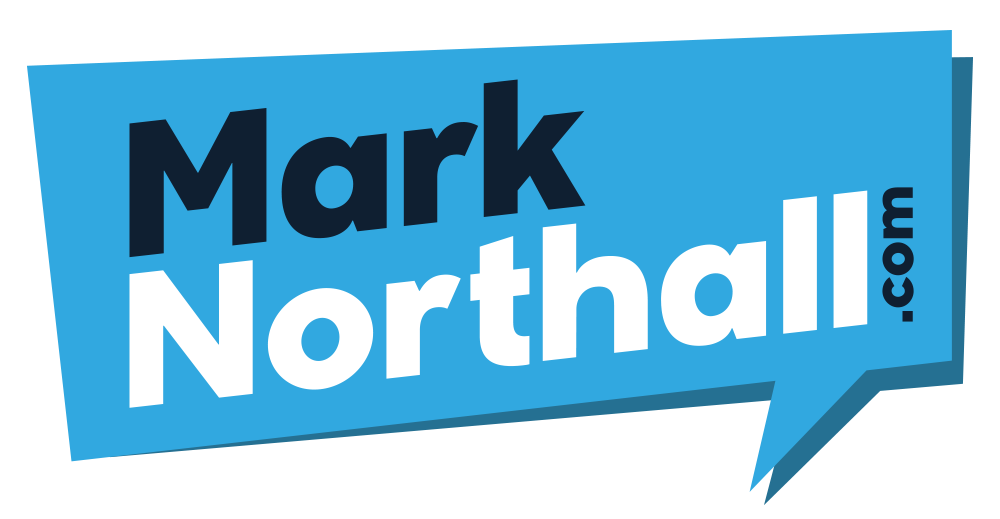Those who have met me or attending any of my Social Media training courses will know I’m a massive advocate of Testimonials. Testimonials are powerful. You can tell everyone how brilliant your goods and services are but when that comes from a satisfied user that magnifies the impact many fold. However I’m often asked what makes a good testimonial and what sort of structure should this have? Also, what might surprise you, is just how important the right kind of social proof is for your conversion optimization.
I’m indebted to Mike Templeman a writer for Forbes Inc for the following tips and core elements.
1) A Credible Source
In any type of content marketing, credibility is key. That much is not a shocker, considering how much of your goals should be centred on thought leadership.
Of course, the same is true for your testimonials as well. The source of the commentary on your brand should come from a credible, authentic source. The more likely your audience is to at least have a passing familiarity with the person or brand associated with the testimonial, the more likely it will be to help drive conversions.

2) Visual Focus
Again, the fact that visual elements are key to great digital content should not come as a surprise for any experienced marketer. Given the significant improvements in attention and engagement that visual content brings with it, every piece of content you create needs to have at least one visual element.
The simplest variation of this rule is an image of the person who is giving the testimonial, preferably in an environment that makes sense with your product or brand. But you can also go one step further, creating a video testimonial that both attracts and engages your web visitors.
3) Original Content
Every testimonial you place on your website and landing pages needs to add something to the page. In other words, don’t add a quote that simply regurgitates what you’re already saying in the headline and main copy. Instead, try to find quotes that build on the benefits you outline elsewhere.
The most obvious example of this approach is a use case of your product or brand. If you state on your landing page that your financial software company can help small businesses streamline their accounting, add a testimonial of a current client explaining just how it can accomplish that.
4) Natural Language
It’s tempting to over edit testimonials you receive from your clients, or even suggest pre-written text that your clients just to sign off on for publication on your website. At the same time, it’s crucial to resist that urge, and go with your clients’ choice of words and language instead.
 Your audience is smarter than you think. They’ll notice when the testimonial is written in the exact same style as the rest of your website, instantly dropping your credibility as a result. Instead, allow your clients to describe in their own words how your product or service helps them. Edit minor typos or misspellings but keep the overall structure of the quote in your customers’ hands.
Your audience is smarter than you think. They’ll notice when the testimonial is written in the exact same style as the rest of your website, instantly dropping your credibility as a result. Instead, allow your clients to describe in their own words how your product or service helps them. Edit minor typos or misspellings but keep the overall structure of the quote in your customers’ hands.
5) A Tight Focus
There is only one thing your visitors hate more than an inauthentic testimonial: having to read through a wall of text just to understand what it’s about. Your testimonials depend on a short (8 second) attention span as much as the rest of your website content.
That means sweeping statements or lengthy stories have no place in a website testimonial. Keep those longer use cases to case studies, which can become powerful pieces of your content marketing strategy. For your testimonials, keep the focus tightly on supporting the value proposition you build through the rest of your landing page.
6) Details, Details, Details
It might seem contradictory to the previous point. But while your testimonials should always maintain a tight focus and avoid getting too wordy, they also need to include enough details to become authentic. Here’s why.
Anyone can claim that your product helped them “improve their lives.” But once you add details, the statement becomes infinitely more compelling.
Add these six elements and you’ll be able to create powerful testimonials that can make a significant impact in your business. But of course, you still need to know how to incorporate this type of social proof into your marketing strategy. Using testimonials on your Social Media posts is powerful. If you need any further help on how testimonials can help in your strategy please message me directly.

